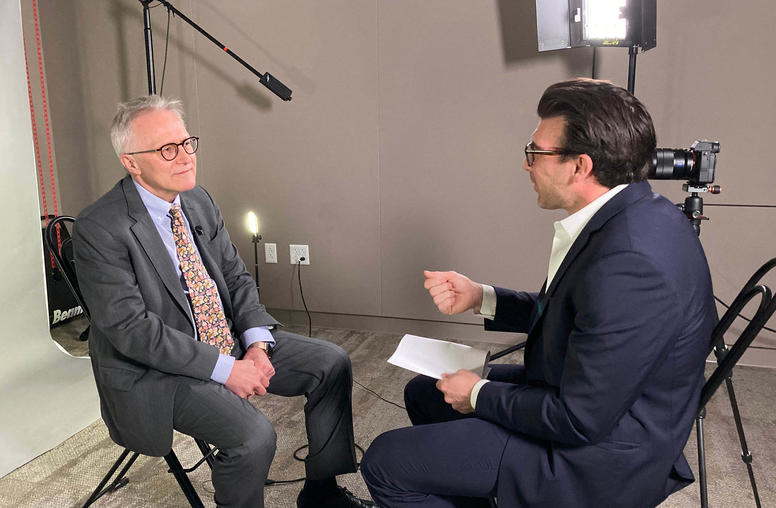A Conversation with Cote d’Ivoire National Assembly President Adama Bictogo
The Role of Parliamentarians in Peace and Security
In Cote d’Ivoire, significant economic progress has been made since the violent political crises in 2010 and 2011, with the country being seen as a driver of growth in the region. This is thanks in part to the country’s parliamentarians, who have made significant contributions at the national level in the last decade. With Cote d’Ivoire now facing a surge in violent extremist groups infiltrating its own northern borders and those of the Coastal West Africa region more broadly, parliamentarians’ expertise can once again play a major role in ensuring peace and stability.
English
French
On May 9, USIP hosted a conversation with the president of the Cote d’Ivoire National Assembly, His Excellency Adama Bictogo, on the role of parliamentarians in peacebuilding in Cote d’Ivoire and opportunities for partnerships with the international community as the country continues to strive for sustainable peace.
Continue the conversation on Twitter using #ParliamentariansAndPeace.
Speakers
Joseph Sany, moderator
Vice President, Africa Center, U.S. Institute of Peace
H.E. Adama Bictogo
President of the National Assembly of Cote d’Ivoire



